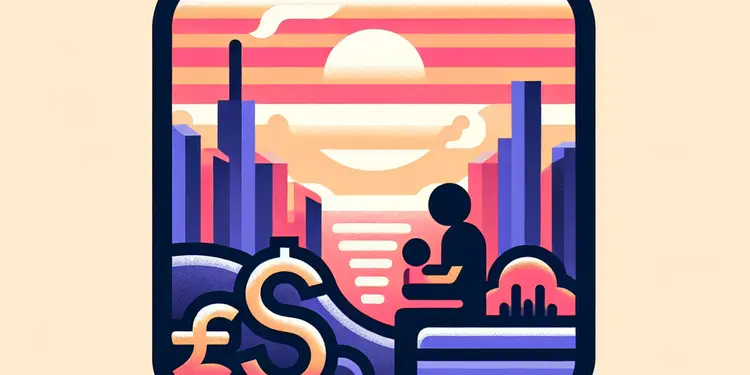
Find Help
More Items From Ergsy search
-
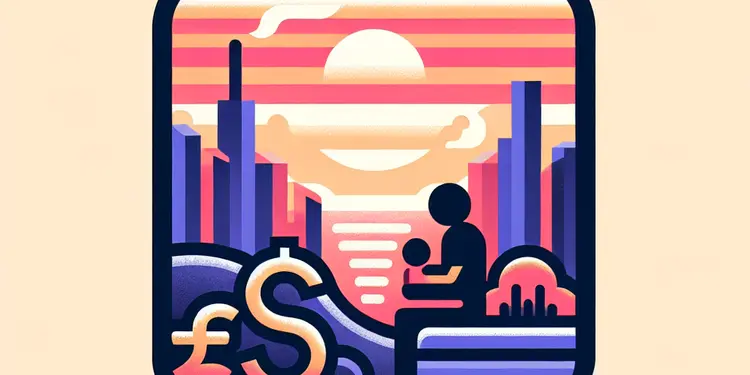
Can fathers experience postnatal depression?
Relevance: 100%
-
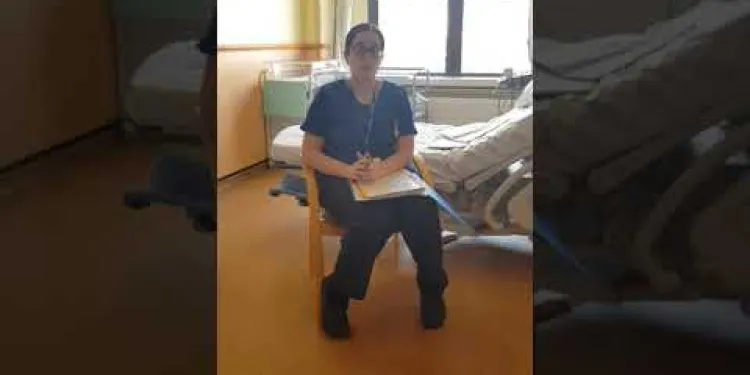
Postnatal Depression
Relevance: 72%
-
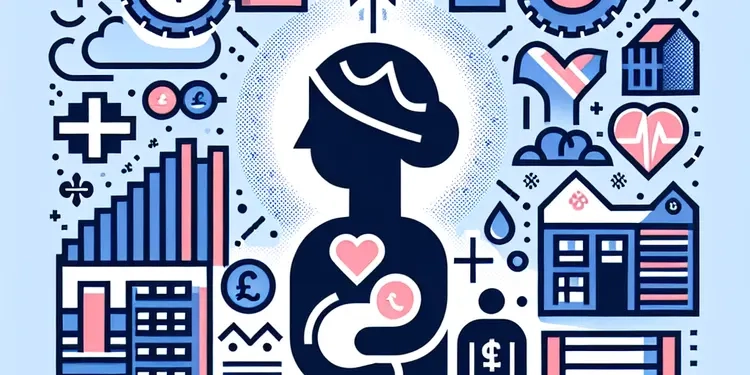
What is postnatal depression?
Relevance: 69%
-
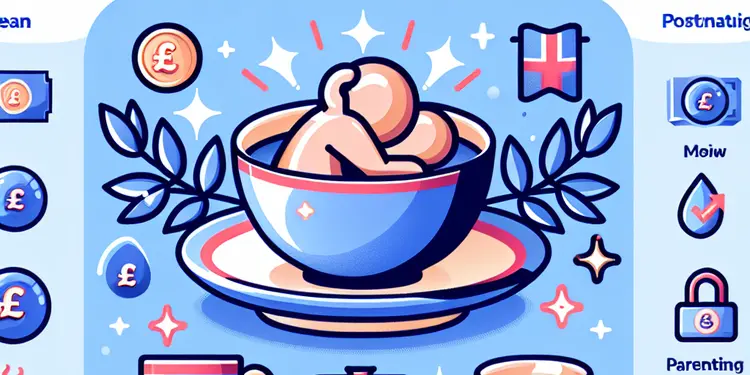
Are there support groups for postnatal depression?
Relevance: 68%
-
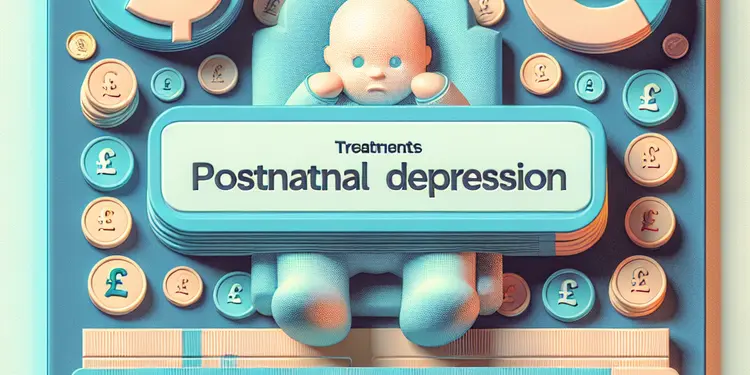
Are there treatments available for postnatal depression?
Relevance: 68%
-

Postnatal Depression - Leanne's Story
Relevance: 67%
-

Is postnatal depression a long-term condition?
Relevance: 65%
-
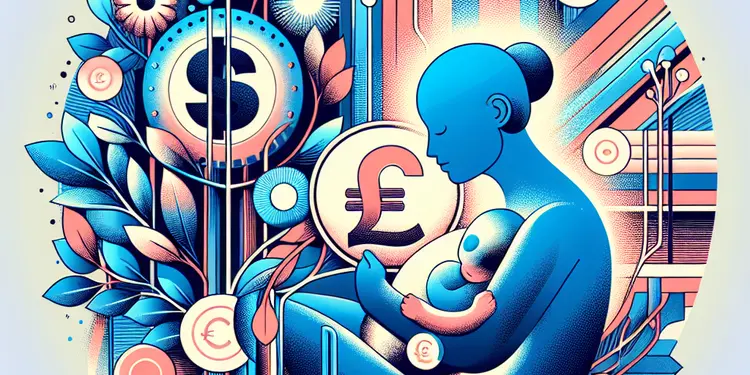
What are the symptoms of postnatal depression?
Relevance: 65%
-
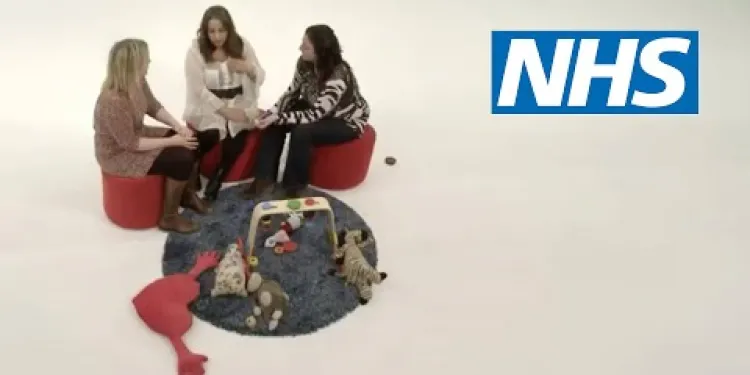
How do I know if I have postnatal depression? | NHS
Relevance: 64%
-
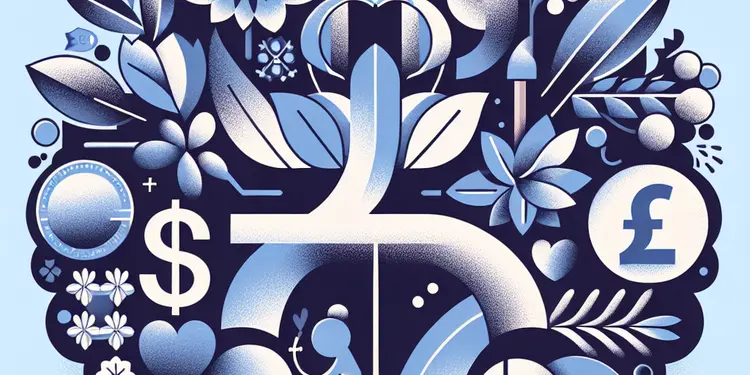
What causes postnatal depression?
Relevance: 63%
-
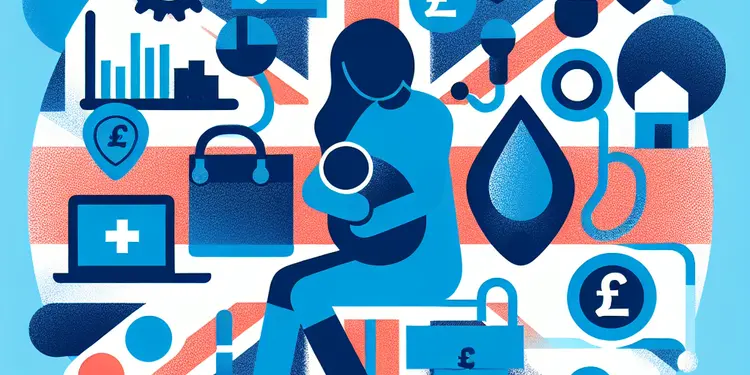
How is postnatal depression diagnosed?
Relevance: 63%
-
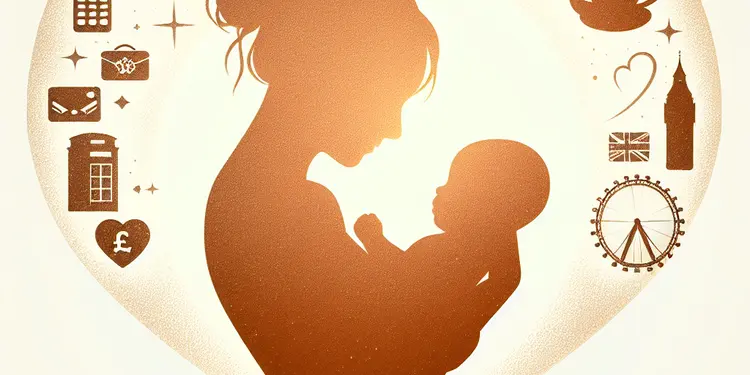
How does postnatal depression affect bonding with the baby?
Relevance: 62%
-
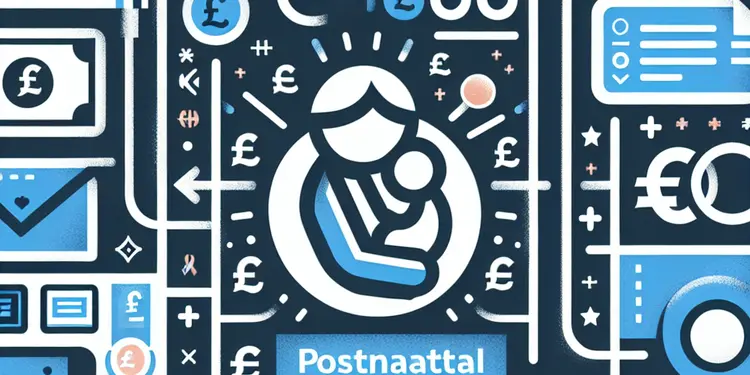
Is postnatal depression preventable?
Relevance: 61%
-

Should someone with postnatal depression seek professional help?
Relevance: 61%
-
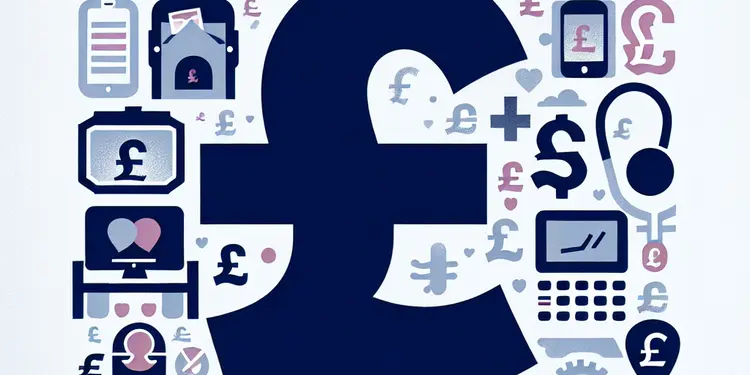
What should I do if I suspect I have postnatal depression?
Relevance: 61%
-
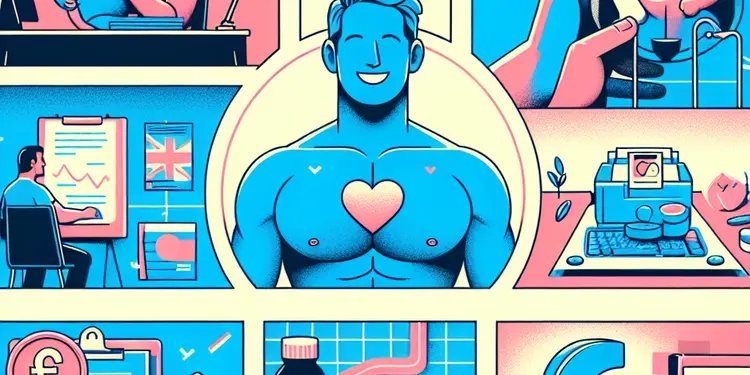
Is medication necessary for treating postnatal depression?
Relevance: 60%
-
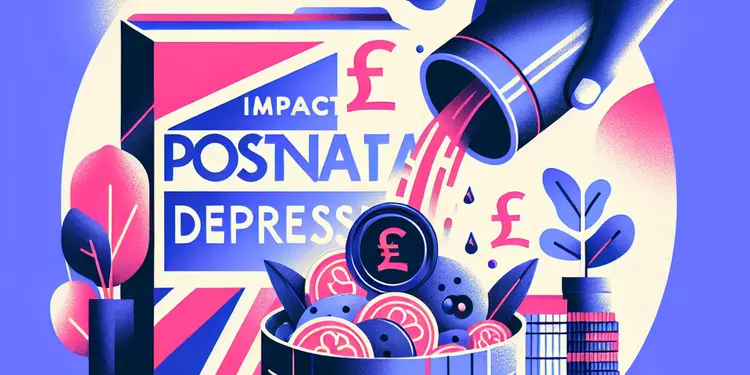
Can diet impact postnatal depression?
Relevance: 57%
-
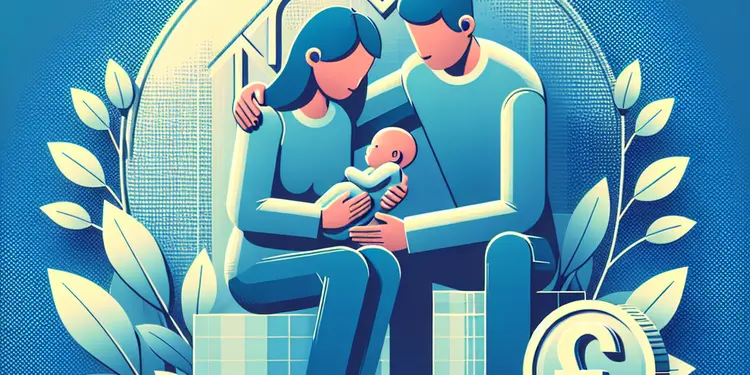
How can family members support someone with postnatal depression?
Relevance: 56%
-
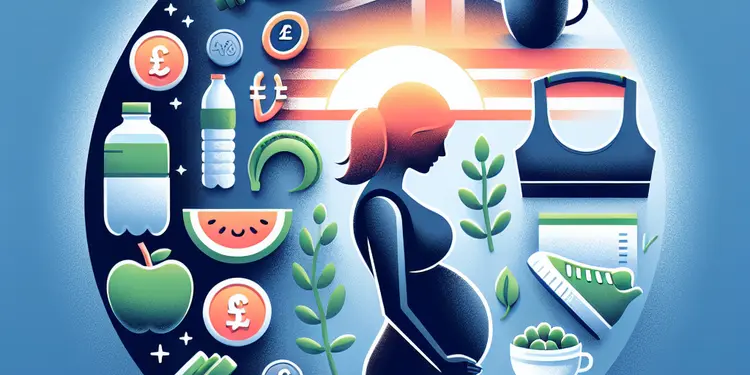
Can lifestyle changes help with postnatal depression?
Relevance: 56%
-
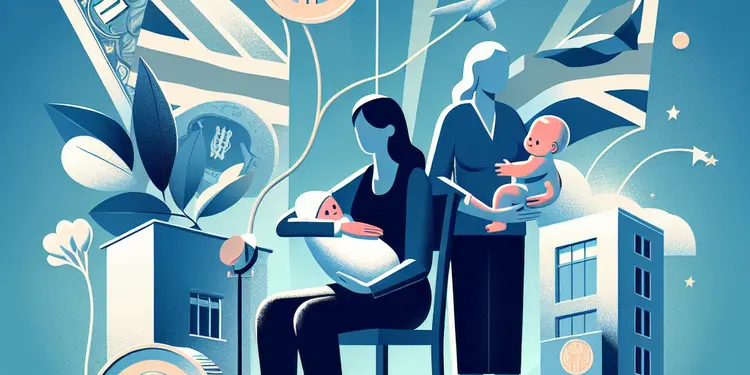
Can postnatal depression recur after treatment?
Relevance: 55%
-

Can postnatal depression affect subsequent pregnancies?
Relevance: 55%
-
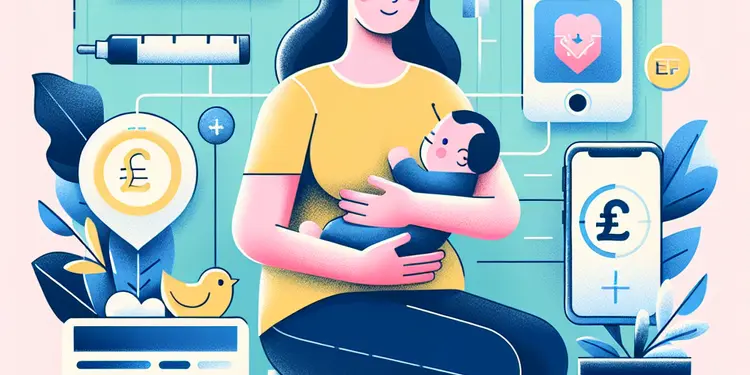
How is postnatal depression different from the 'baby blues'?
Relevance: 54%
-
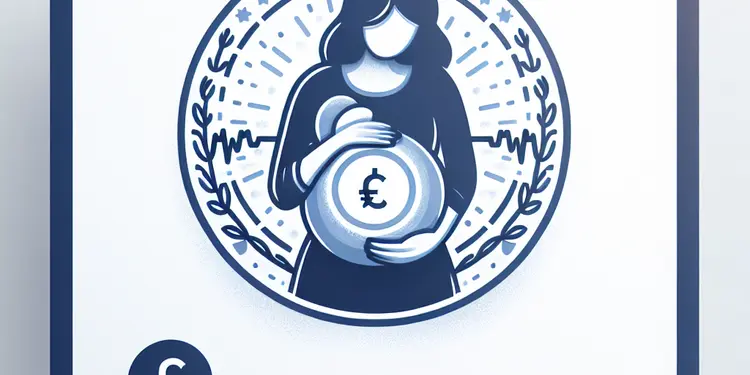
How soon after childbirth can postnatal depression occur?
Relevance: 37%
-

Treating anxiety and depression - www.slam.nhs.uk
Relevance: 26%
-
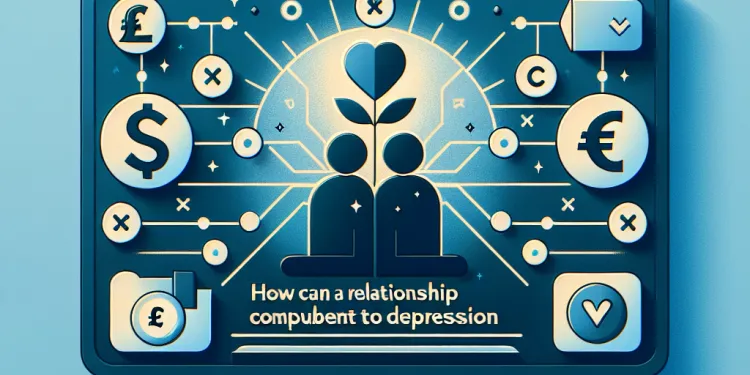
How can a relationship contribute to depression?
Relevance: 25%
-
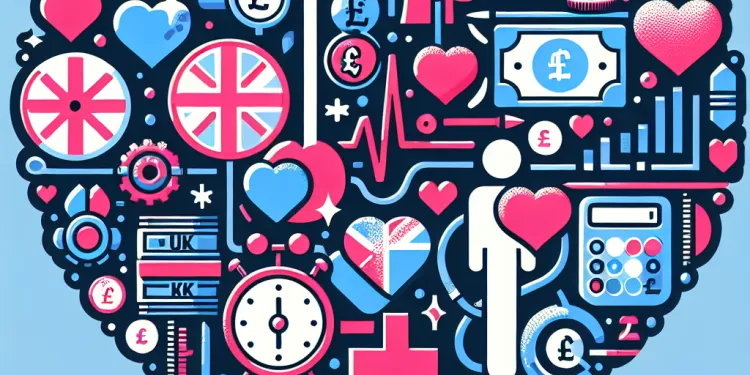
What are the signs that my relationship is making me depressed?
Relevance: 25%
-

Clinical depression: Lawrence's story | NHS
Relevance: 24%
-
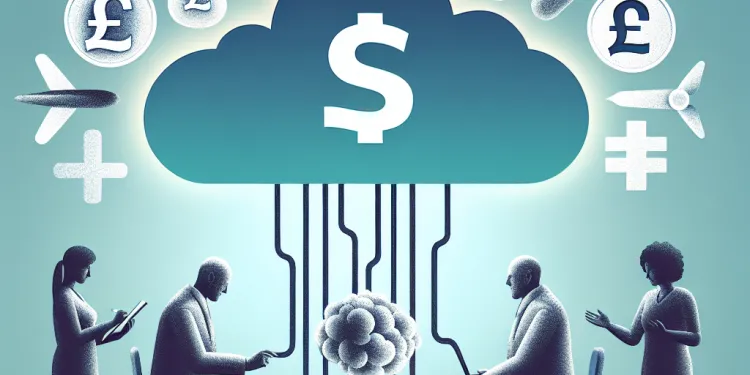
Can physical symptoms be linked to relationship-induced depression?
Relevance: 24%
-
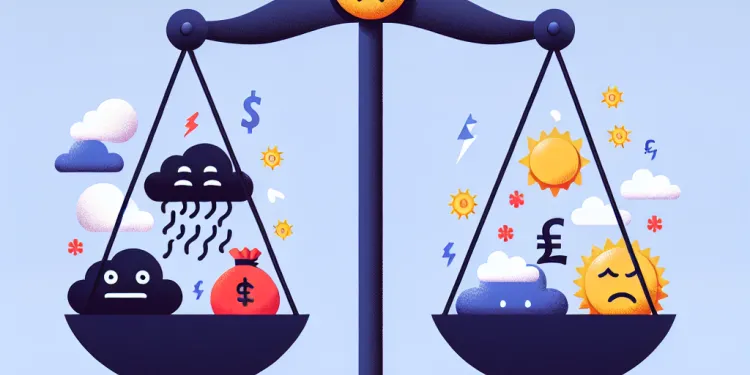
What role do unhealthy dynamics play in causing depression?
Relevance: 23%
-
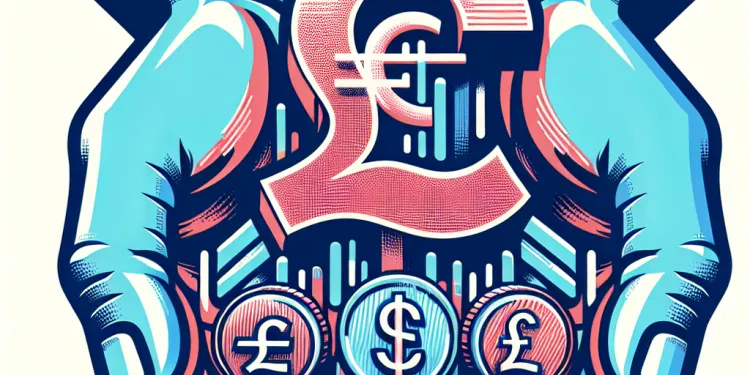
Are there any self-care strategies to cope with relationship-induced depression?
Relevance: 23%
-
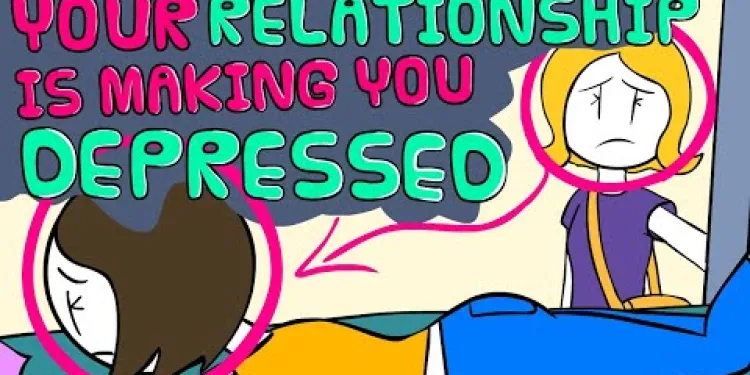
7 Signs Your Relationship is Making You Depressed
Relevance: 23%
-

I couldn't celebrate Hibs beating Hearts because I was that depressed
Relevance: 23%
-
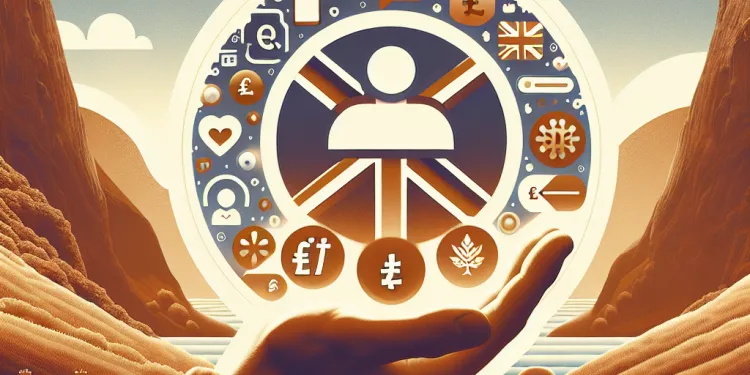
What should I do if my partner dismisses my feelings of depression?
Relevance: 21%
-

Postpartum Health: Mother and Baby
Relevance: 19%
-

How quickly can ketamine alleviate depression symptoms?
Relevance: 17%
-
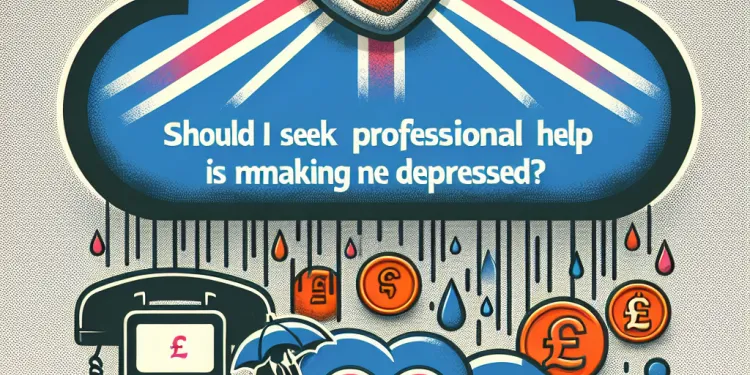
Should I seek professional help if my relationship is making me depressed?
Relevance: 17%
-

Can ketamine be used to treat major depressive disorder?
Relevance: 11%
-
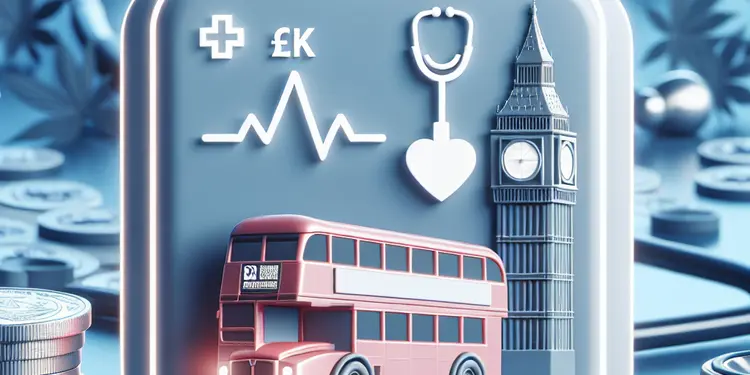
Are there any legal uses for ketamine?
Relevance: 11%
-

How is ketamine different from traditional antidepressants?
Relevance: 11%
-
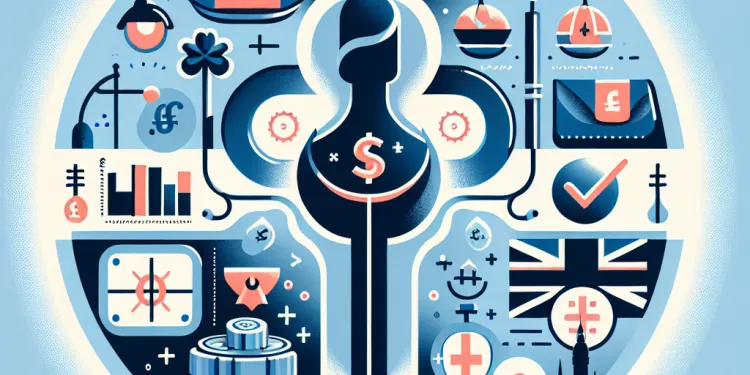
How long does it take to recover from a Caesarean birth?
Relevance: 11%
Understanding Postnatal Depression in Fathers
While postnatal depression (PND) is often associated with mothers, it is important to acknowledge that fathers can also experience this condition. The arrival of a new baby can be a joyful and fulfilling time, but it can also bring challenges and stress that may lead to depression.
The Prevalence of Postnatal Depression in Fathers
Recent studies have indicated that approximately 10% of new fathers suffer from postnatal depression. This is a significant figure, highlighting the importance of recognising and addressing mental health issues in men during the postnatal period. Factors such as lack of sleep, changes in relationship dynamics, financial pressures, and the responsibility of caring for a newborn can contribute to these feelings of depression.
Symptoms of Postnatal Depression in Fathers
The symptoms of postnatal depression in fathers can be similar to those experienced by mothers but may also include specific challenges. Symptoms might include persistent low mood, irritability, loss of interest in activities, fatigue, and difficulties in bonding with the baby. Fathers might also experience heightened anxiety, stress, and, in some cases, an increase in substance misuse as a way to cope with overwhelming emotions.
The Impact of Paternal Postnatal Depression
Paternal postnatal depression can have a significant impact on the entire family. It can affect the father's ability to support their partner and engage with their child. This can lead to increased strain on family relationships and can affect the emotional and developmental wellbeing of the child. Recognising the signs of postnatal depression in fathers is crucial for early intervention and support.
Seeking Help and Support
It is important for fathers experiencing symptoms of postnatal depression to seek help. Support can come from various sources including healthcare professionals, mental health services, and support groups specifically for fathers. In the UK, organisations such as the NHS offer resources and information to help guide fathers towards the appropriate help. It is essential for fathers to feel that seeking help is a sign of strength rather than weakness.
Conclusion
In conclusion, fathers can indeed experience postnatal depression. Awareness and understanding of this issue are crucial in ensuring fathers receive the support they need. By doing so, fathers can positively engage with their families and enjoy the rewarding experience of parenthood. Society as a whole must recognise the impact of paternal mental health and take steps to foster an environment where fathers feel comfortable seeking help.
Understanding Postnatal Depression in Fathers
Having a new baby is exciting, but it can be hard too. Dads, like moms, can feel sad after a baby is born. This is called postnatal depression, and it can happen to fathers as well.
How Common Is This in Fathers?
About 10 out of every 100 new dads feel this way. It's important to talk about dads' feelings and help them. Being tired, money worries, and caring for a baby can make dads feel stressed or sad.
Signs That a Dad Might Be Depressed
Signs can be feeling sad all the time, being grumpy, not enjoying things, feeling very tired, and not feeling close to the baby. Dads might also feel worried or use alcohol too much to cope with their feelings.
Why This Matters
If a dad is depressed, it can make things hard for the whole family. He might find it hard to help his partner or spend time with the baby. This can make the family feel stressed and affect the baby's feelings and growth. It's important to notice these signs early and get help.
Getting Help and Support
Dads who feel like this should talk to a doctor or someone who can help. There are groups and healthcare workers who know how to help dads. In the UK, places like the NHS have lots of information for dads. Getting help is the right and strong thing to do.
Conclusion
Dads can feel postnatal depression too, just like moms. Knowing this is important, so dads get the help they need. This way, dads can enjoy being with their families and babies. Everyone should know how important it is for dads to feel good and get help if they need it.
Frequently Asked Questions
Can fathers experience postnatal depression?
Yes, fathers can experience postnatal depression. It is a condition that can affect new fathers as well as mothers.
What are the symptoms of postnatal depression in fathers?
Symptoms in fathers can include sadness, fatigue, anxiety, irritability, sleep disturbances, and changes in appetite or weight.
How common is postnatal depression in fathers?
Research suggests that about 5-10% of fathers experience postnatal depression.
What causes postnatal depression in fathers?
Causes may include hormonal changes, lack of sleep, increased stress, relationship changes, and financial pressures.
How is postnatal depression in fathers diagnosed?
Diagnosis is typically made by a healthcare professional based on symptoms, and sometimes questionnaires or assessments are used.
Can postnatal depression in fathers affect their children?
Yes, it can affect the father's ability to bond with the child and may impact the child's emotional and behavioral development.
How can postnatal depression in fathers be treated?
Treatment options include therapy, medications, lifestyle changes, and support groups.
Are there support groups for fathers with postnatal depression?
Yes, there are support groups specifically for fathers experiencing postnatal depression.
Can lifestyle changes help fathers with postnatal depression?
Yes, exercise, proper nutrition, adequate sleep, and stress reduction can help alleviate symptoms.
Is it important for fathers to seek help for postnatal depression?
Yes, seeking help is important for their well-being and their family's health.
Are there any risk factors for postnatal depression in fathers?
Risk factors include a history of depression, relationship problems, low social support, and financial stress.
Do hormonal changes affect postnatal depression in fathers?
Yes, hormonal changes such as fluctuations in testosterone levels can contribute to postnatal depression in fathers.
How long does postnatal depression last in fathers?
The duration can vary; some fathers might experience symptoms for a few weeks, while others may struggle for months without treatment.
Can fathers take medication for postnatal depression?
Yes, medications such as antidepressants can be prescribed by a healthcare provider.
Does the birth experience impact the likelihood of postnatal depression in fathers?
Yes, a difficult or traumatic birth experience can increase the risk of postnatal depression in fathers.
Can therapy help fathers with postnatal depression?
Yes, therapies such as cognitive behavioral therapy (CBT) can be effective in treating postnatal depression.
Can a lack of sleep contribute to postnatal depression in fathers?
Yes, sleep deprivation is a known risk factor for depression and can exacerbate symptoms.
Are there any preventive measures for postnatal depression in fathers?
Preventive measures include ensuring social support, stress management, and being informed about postnatal depression.
Can postnatal depression in fathers be mistaken for another condition?
Yes, it may be mistaken for general stress or burnout, so proper evaluation is important.
What should a partner do if they suspect a father has postnatal depression?
Encourage the father to seek professional help, offer support, and ensure open communication about feelings.
Can dads feel sad after a baby is born?
Yes, dads can feel sad after their baby is born. This is called postnatal depression. It can happen to dads and mums too.
What are the signs of feeling sad after a baby is born in dads?
Dads might feel really sad, tired, worried, or grumpy. They might have trouble sleeping or eating, and their weight might change.
Do dads get sad after a baby is born?
Some studies say 5 to 10 out of every 100 dads feel very sad after their baby is born. This is called postnatal depression.
What makes dads feel sad after a new baby?
Some dads feel sad after a new baby comes. Here are some reasons why:
- Feeling worried about being a good dad.
- Not getting enough sleep.
- Changes at home with the new baby.
- Feeling left out when everyone cares for the baby.
- Money worries about buying things for the baby.
If you feel this way, try talking to someone you trust. You can also talk to a doctor or a helper. They can give you advice.
Reasons might be:
- Changes in body chemicals (hormones)
- Not enough sleep
- Feeling more stress
- Changes in friendships or family
- Money worries
Try these to help:
- Keep a sleep schedule
- Talk to someone you trust
- Take deep breaths to relax
- Plan how to spend your money wisely
How do doctors know if a dad has postnatal depression?
After a baby is born, some dads can feel very sad or worried. This is called "postnatal depression." It is not just mums who can have it.
Doctors can find out if a dad has postnatal depression by talking to him. They ask questions about how he feels and if he is sleeping or eating well.
If a dad feels sad for a long time after the baby is born, he should tell a doctor. Talking about feelings can help. Drawing or writing about feelings can help too.
Sometimes, doctors use a quiz with yes or no questions. This helps them find out more about how the dad is feeling.
It is really important to get help and support with these feelings. Dads can talk to family, friends, or a support group too.
A doctor or nurse can find out what's wrong by looking at your symptoms. They might also ask you questions or give you a test to help them understand better.
Here are some tools to help you talk about your symptoms:
- Bring a notebook to write down your symptoms.
- Use pictures or emojis to show how you feel.
- Ask a friend or family member to come with you for support.
Can dads with postnatal depression affect their kids?
After a baby is born, some dads feel really sad. This is called postnatal depression. Can this sad feeling in dads make a difference to their kids? Let's find out!
If a dad feels sad for a long time, it might change how he acts with his baby. This can make the baby feel sad too. Babies need happy and loving time with their dads to grow up strong and healthy.
It is important for dads to talk about how they feel and ask for help if they are sad. Dads can see a doctor, talk to family, or join a support group.
Here are some helpful things dads can do:
- Read happy stories to the baby.
- Play games and sing songs.
- Take a nice walk together outside.
Remember, it's ok to ask for help. Happy dads help kids feel happy too!
Yes, it can make it harder for dads and kids to feel close. It can also change how kids feel and behave.
How can dads feel better after feeling sad when a new baby is born?
You can get help in different ways. You can talk to a therapist, take medicine, change your daily habits, and join support groups.
Can dads find support groups if they feel sad after a new baby?
Yes, there are groups that can help dads who feel sad after having a baby.
Can changing habits help dads feel better after a new baby?
Yes, doing exercise, eating healthy food, getting enough sleep, and finding ways to relax can help you feel better.
Should dads get help if they feel sad after a baby is born?
It is good for dads to ask for help if they feel sad after their baby is born. Talking to someone can make them feel better.
Here are some things that can help:
- Talk to a doctor or a nurse.
- Share feelings with friends or family.
- Join a group for new parents.
It is okay to ask for help. It is important to feel happy and healthy.
It is important to ask for help. It is good for them and their family's health.
Can dads get sad after a baby is born?
Yes, dads can feel sad after a baby is born. This is called postnatal depression.
Here are some things that can make it more likely:
- Feeling very tired.
- Worrying about money.
- Having a tough time at work.
- No family or friends nearby to help.
- The baby cries a lot.
- Mum is also feeling sad.
If you or someone you know feels this way, talking to a doctor or counselor can help. They are there to listen and help you feel better.
There are some things that can make someone more likely to feel sad or worried. These include:
- Having been sad or worried before.
- Problems with friends or family.
- Not having enough people to talk to.
- Worrying about money.
Finding someone to talk to can help. You can also use apps or tools to feel better.
Can hormones make new dads feel sad?
Yes, changes in hormones, like ups and downs in testosterone levels, can make dads feel sad after a baby is born.
How long does sadness last for dads after a baby is born?
The time a dad feels this way can be different. Some dads feel the symptoms for a few weeks. Other dads may have these feelings for a few months if they don't get help.
Can dads take medicine for feeling sad after a new baby?
Yes, a doctor can give you medicine like antidepressants.
Does the birth experience affect if dads feel sad after the baby is born?
Having a new baby is a big change. It can make dads feel lots of things. Sometimes, dads can feel very sad after their baby is born. This is called postnatal depression.
How the birth happens might affect how dads feel. It is important for dads to talk about their feelings.
Here are some things that can help:
- Talk to someone you trust about your feelings.
- Spend time with your baby and partner.
- Ask for help if you need it.
- Do fun activities that make you happy.
Remember, it's okay to ask for help. Feeling better takes time.
Yes, if a dad has a hard or scary time when the baby is born, he might feel very sad afterwards.
Can talking to someone help dads feel better after a new baby?
Yes, there are therapies that can help with feeling sad after having a baby. One of these is called talking therapy, or CBT.
Can not sleeping enough make new dads feel very sad?
When new dads do not get enough sleep, it might make them feel very sad. This sad feeling is called postnatal depression. It can happen after a baby is born.
Getting good sleep is important for everyone. New dads can try to take naps when the baby sleeps.
If a new dad feels very sad, talking to a doctor can help. Friends and family can also give support.
Yes, not getting enough sleep can make you feel more sad and upset. It can even make depression worse.
What can dads do to stop feeling sad after a baby is born?
To help prevent feeling very sad after having a baby, you can:
- Make sure you have friends or family to support you.
- Learn ways to stay calm and relax.
- Find out more about feeling sad after a baby is born.
Can dads have feelings after a baby that seem like something else?
Yes, it is sometimes confused with feeling stressed or really tired. So, it is important to see a doctor to know for sure.
What can a partner do if they think a dad feels sad after a baby is born?
If you think the dad is feeling very sad after the baby is born, try these steps:
- Talk and Listen: Ask him how he feels. Listen carefully and be kind.
- Visit the Doctor: Suggest he talks to a doctor. The doctor can help.
- Offer Help: Help with baby tasks and around the house.
- Spend Time Together: Do fun things together like going for a walk.
If you or the dad need more help, talk to a trusted adult or a support group.
It is important to help the dad get help from a professional. Be there for him and talk about how he feels. This can be very helpful.
Useful Links
This website offers general information and is not a substitute for professional advice.
Always seek guidance from qualified professionals.
If you have any medical concerns or need urgent help, contact a healthcare professional or emergency services immediately.
Some of this content was generated with AI assistance. We’ve done our best to keep it accurate, helpful, and human-friendly.
- Ergsy carfully checks the information in the videos we provide here.
- Videos shown by Youtube after a video has completed, have NOT been reviewed by ERGSY.
- To view, click the arrow in centre of video.
- Most of the videos you find here will have subtitles and/or closed captions available.
- You may need to turn these on, and choose your preferred language.
- Go to the video you'd like to watch.
- If closed captions (CC) are available, settings will be visible on the bottom right of the video player.
- To turn on Captions, click settings .
- To turn off Captions, click settings again.
More Items From Ergsy search
-

Can fathers experience postnatal depression?
Relevance: 100%
-

Postnatal Depression
Relevance: 72%
-

What is postnatal depression?
Relevance: 69%
-

Are there support groups for postnatal depression?
Relevance: 68%
-

Are there treatments available for postnatal depression?
Relevance: 68%
-

Postnatal Depression - Leanne's Story
Relevance: 67%
-

Is postnatal depression a long-term condition?
Relevance: 65%
-

What are the symptoms of postnatal depression?
Relevance: 65%
-

How do I know if I have postnatal depression? | NHS
Relevance: 64%
-

What causes postnatal depression?
Relevance: 63%
-

How is postnatal depression diagnosed?
Relevance: 63%
-

How does postnatal depression affect bonding with the baby?
Relevance: 62%
-

Is postnatal depression preventable?
Relevance: 61%
-

Should someone with postnatal depression seek professional help?
Relevance: 61%
-

What should I do if I suspect I have postnatal depression?
Relevance: 61%
-

Is medication necessary for treating postnatal depression?
Relevance: 60%
-

Can diet impact postnatal depression?
Relevance: 57%
-

How can family members support someone with postnatal depression?
Relevance: 56%
-

Can lifestyle changes help with postnatal depression?
Relevance: 56%
-

Can postnatal depression recur after treatment?
Relevance: 55%
-

Can postnatal depression affect subsequent pregnancies?
Relevance: 55%
-

How is postnatal depression different from the 'baby blues'?
Relevance: 54%
-

How soon after childbirth can postnatal depression occur?
Relevance: 37%
-

Treating anxiety and depression - www.slam.nhs.uk
Relevance: 26%
-

How can a relationship contribute to depression?
Relevance: 25%
-

What are the signs that my relationship is making me depressed?
Relevance: 25%
-

Clinical depression: Lawrence's story | NHS
Relevance: 24%
-

Can physical symptoms be linked to relationship-induced depression?
Relevance: 24%
-

What role do unhealthy dynamics play in causing depression?
Relevance: 23%
-

Are there any self-care strategies to cope with relationship-induced depression?
Relevance: 23%
-

7 Signs Your Relationship is Making You Depressed
Relevance: 23%
-

I couldn't celebrate Hibs beating Hearts because I was that depressed
Relevance: 23%
-

What should I do if my partner dismisses my feelings of depression?
Relevance: 21%
-

Postpartum Health: Mother and Baby
Relevance: 19%
-

How quickly can ketamine alleviate depression symptoms?
Relevance: 17%
-

Should I seek professional help if my relationship is making me depressed?
Relevance: 17%
-

Can ketamine be used to treat major depressive disorder?
Relevance: 11%
-

Are there any legal uses for ketamine?
Relevance: 11%
-

How is ketamine different from traditional antidepressants?
Relevance: 11%
-

How long does it take to recover from a Caesarean birth?
Relevance: 11%


